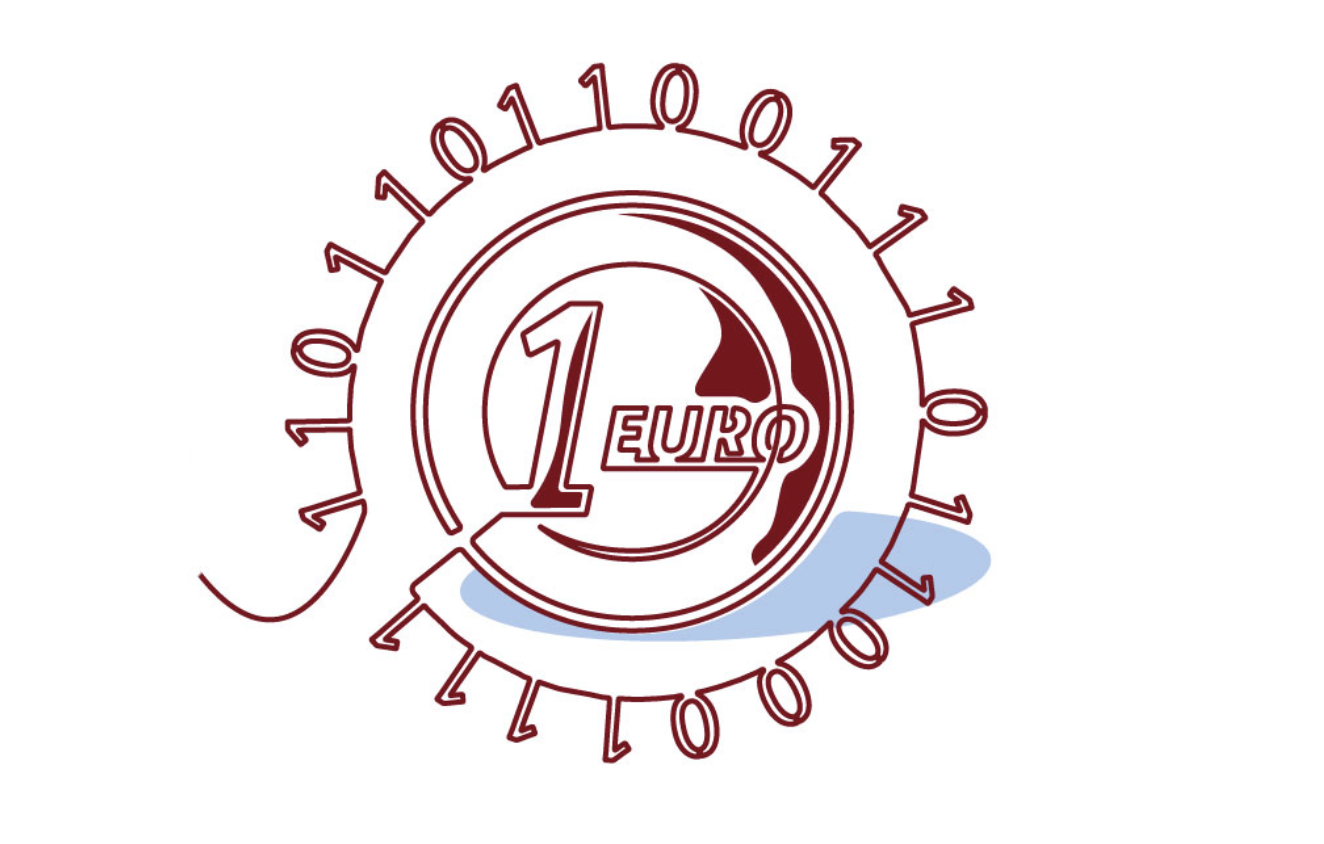
Digitalisation is transforming our society, in practically every way imaginable. And money and payment systems are no exception, which begs the question: what will money and payment methods look like in the future? The answer to these questions is crucially important for banks in Germany and for the future of our financial system.The Association of German Banks has therefore been focused on this issue for some time now, addressing how new digital means of payment can support society while representing a useful addition to the current payments market. This position paper examines the European Central Bank’s (ECB) plans to issue a digital form of central bank money, that is a digital euro, for consumers.
The private banks believe strongly that a digital euro will present the opportunity for Europe to organise its payments market and associated services autonomously. However, a digital euro can only be successful if citizens needs are met. For this reason, the evolution of money must take place as part of a wider dialogue encompassing society, politics, central banks and market participants. Private banks want to take an active role in this discussion, entering into it with the following expectations:
- Evolution: it would be inadequate to simply copy current methods of payment. A digital euro should create additional benefits, that is it should represent a ‘better’ type of cash.
- Bank participation: in light of their expertise with customers, commercial banks are the obvious choice of institution for bringing a digital euro into circulation.
- Marketability and readiness to innovate: a digital euro should satisfy the needs of the market. It is also important to ensure that a digital euro rests on a solid foundation, one which will foster innovation in both the near and distant futures.
- Risk reduction: All risks associated with establishing a new means of payment – from investment requirements to changes on the money market – should be recognised and minimised.
Provided it is created after extensive dialogue and using a market-based approach, a digital euro will represent a valuable addition to current means of payment. It will also significantly enhance the appeal of the European financial hub and substantially contribute to an increase in European sovereignty.
